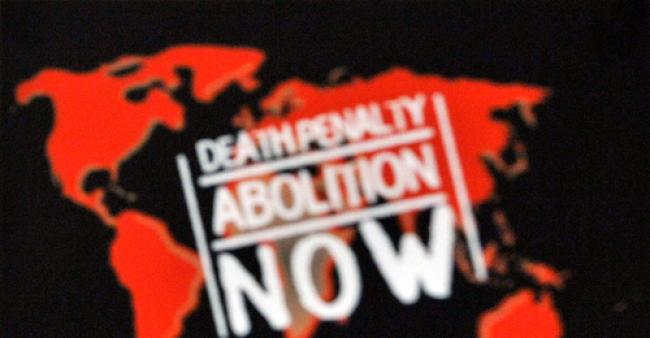12 Oct 2013

“Large-scale executions of the sort that have been carried out on a number of occasions over the past two years in Iraq are not only obscene and inhuman, they are most probably in contravention of international law,” the spokesperson for the Office of the UN High Commissioner for Human Rights (OHCHR), Rupert Colville, told reporters in Geneva.
Colville said the Government’s actions are undermining efforts to build a more stable, less violent society in Iraq, and noted that the recent executions were “particularly perverse” as Thursday was World Day against the Death Penalty.
The Government maintains that it only executes individuals who have committed terrorist acts or other serious crimes against civilians, and have been convicted under the Anti-Terrorism Law No. 13 of 2005.
“In our view, the claim that using the death penalty can help deter terrorism is clearly exposed as a fallacy, given the soaring casualty rate in Iraq, which has occurred over roughly the same period as the dramatic and shocking increase in the use of the death penalty,” Colville said.
According to the UN Assistance Mission in Iraq (UNAMI), there has been a sharp rise in civilian casualties in the country this year, with at least 5,740 civilians killed in the first nine months.
This is more than double the number of civilian casualties in 2011 and much higher than the 3,238 civilians killed in the whole of 2012.
The number of people being executed in Iraq has also risen from 18 in 2010 to 67 in 2011, 123 in 2012, and 140 so far this year.
“We call on the Government of Iraq to halt all executions immediately, and to review and commute the sentences of the hundreds of other people who are believed to be on death row in Iraq,” Colville said.
UN Photo/Jean-Marc Ferré